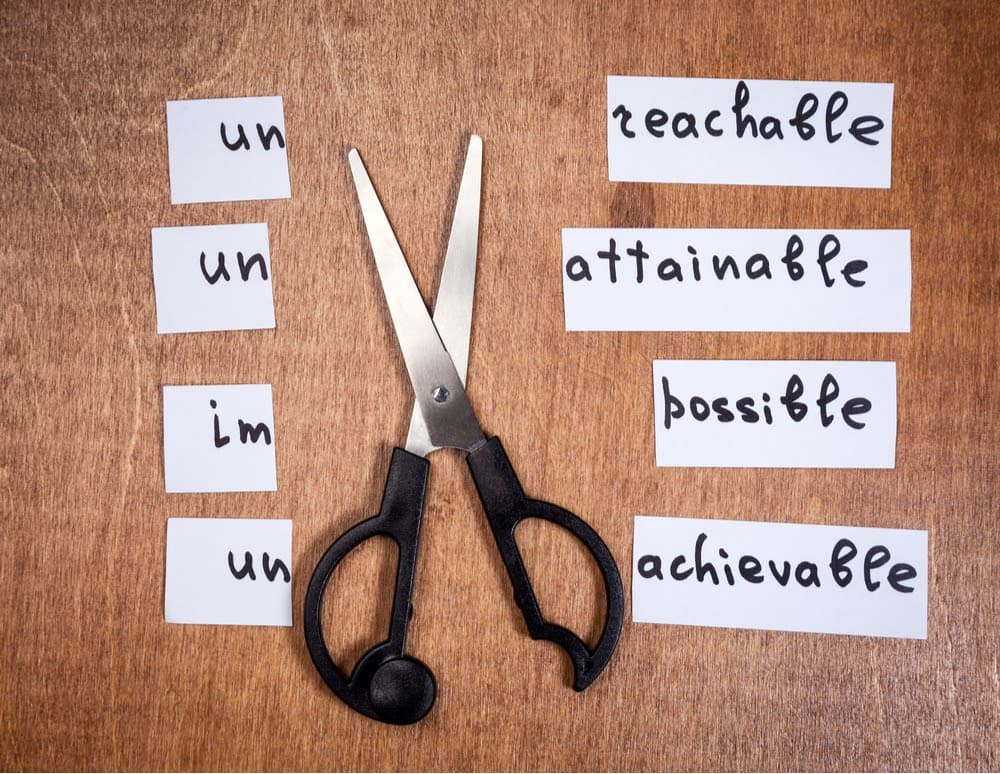Conflict can be stressful no matter how old you are. Unfortunately, conflict is just part of life. Teens can feel conflict to be very personal and even scary, leading to behaviors that are not optimal for dealing with this stress. Teens also are more likely to be involved in unhealthy relationships than children of other ages.
Conflict resolution is vital for people of all ages to understand. When you are armed with the right tools to deal with conflict and find a solution for these situations, you will be much more likely to maintain your mental health. Teens and parents of teens can use these tips and tricks to help ensure that communication is effective and has a positive outcome even when conflict has cropped up.
Read on if you are ready to learn more about teen conflict resolution!
Conflict Resolution for Teens That Works
1. Take a Step Back
Sometimes when we are too close to a situation, we struggle to communicate effectively about it or with the people involved. When emotions are high, the clarity of discussion is brutal. When you step back from a situation that has upset you, you will often see the situation more clearly and feel less like there is no way to resolve the problem.
Taking a step back allows you and the people involved in the situation to calm down enough that you can talk about the conflict more rationally. This can help prevent hurtful words and ensure that a conflict does not escalate unnecessarily.
2. Know Yourself
Teens are starting to know themselves better than they did when they were younger, and most teenagers are aware of their preferred communication style. If you have begun to realize that you prefer to be talked to directly, or you would instead write down your thoughts before they are discussed, you need to be able to communicate this preference to the other person.
Knowing what you need to calm down and handle a conflict properly is essential. This can give you a goal to move toward that will help you to feel like real progress is being made toward a resolution.
3. Try to See The Other Side
One of the reasons conflicts of all kinds can escalate into unreasonable shouting matches is that neither party can place themselves in the other person’s shoes. While conflict can often involve unfairness on the part of everyone involved in the situation, you need to learn to be able to put yourself in the other person’s shoes. When you can reframe how you see an altercation to understand the other person’s side of the situation, you will be much more likely to find common ground.
Understanding the other side of a conflict can help everyone come to an understanding or at least calm down. Remember that everyone comes into a fight with their own baggage and false assumptions. Make sure you try to give the other person some grace as you are navigating a conflict.
4. Share Your Feelings
Sometimes feelings are the common ground that can de-escalate a conflict. Remember to express how someone else is making you feel so they can see that they are hurting your feelings or making you feel scared. The more honest you are about how you feel, the more likely it will be that the other person will realize that they are not feeling so great about the situation either.
When you can both share that you have hurt feelings or another emotion, the conflict can be resolved much more readily.
5. Determine if You Can Trust
Know that some people will just not be honest with you or with themselves. It can be hard to resolve a conflict with someone who cannot be completely honest with themselves or with you. You will need to read between the lines and determine if you think you can trust the person you are arguing with.
Some people are not ready to admit that they have contributed to the conflict or might not be prepared to be objective about the situation. In these cases, you might have to accept their words at face value without expecting actual change. If you think they are lying to you or trying to gaslight you, you will need to admit that you might not be able to come to a proper resolution with this person.
6. Don’t Say Things You Will Regret
When you’re in a conflict, be careful not to say things you don’t mean in anger. It can be easy to say hurtful things when you’re hurting, but these cannot be unsaid. The unkind things you say about someone might haunt you for years. Make sure you think about them, so you don’t cause damage to a relationship.
Conflict Resolution is an Essential Life Skill
Conflict resolution is a crucial life skill that people of all ages need to practice. As a teen, you will find that the better you are at this social interaction, the more likely you will maintain relationships and build friendships you can trust. Make sure that you use these tips next time you are in a conflict to seek a suitable resolution for the situation.
If you have a teen struggling with conflict at school, at home, or maybe with other kinds of problems, you can get help. Contact us today, and we can help you and your teen to be happier and healthier.











0 Comments